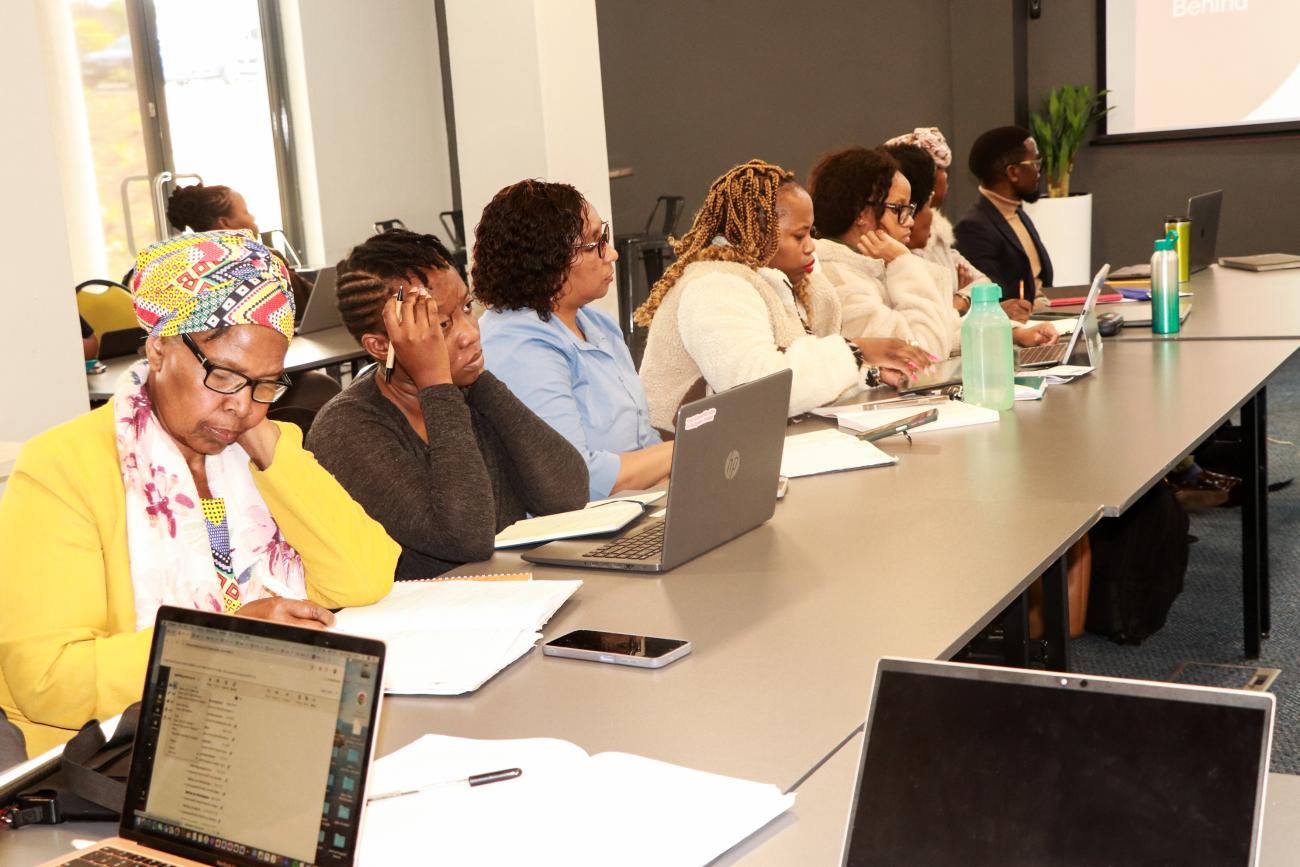UN Sectoral Consultations Kick Off with Focus on Vulnerable Population Groups

The UN held its first sectoral consultation to address challenges faced by vulnerable groups and inform the new UNSDCF 2026-2030, ensuring inclusive growth
The United Nations in Eswatini has launched its first sectoral consultation workshop as part of the ongoing Common Country Analysis (CCA) process, a key component in the development of the new United Nations Sustainable Development Cooperation Framework (UNSDCF) for 2026-2030. With over 60 participants in attendance, the consultation aimed to address the challenges faced by vulnerable population groups left behind in the country's socio-economic development.
Opening the session, UNDP Deputy Resident Representative Nessie Golakai, representing Henrik Franklin, Chair of the inter-agency Policy and Programmes Support Group (PPSG), emphasized the importance of data-driven analysis and stakeholder engagement in shaping a truly inclusive development strategy. "Our goal is to create a development strategy that leaves no one behind in Eswatini's progress," she stated.
The consultation, facilitated by the Office of the United Nations Resident Coordinator, provided a comprehensive overview of the CCA process and its role in informing the upcoming UNSDCF. Participants engaged in detailed discussions on key population groups at risk of being left behind, including women and girls, children and youth, persons with disabilities, key populations such as the LGBTQI+ community, migrants and refugees, and the elderly.
Group work sessions allowed participants to delve deeper into the issues affecting these groups, providing data and recommendations to enrich the CCA draft. Key highlights included:
- Children: Addressing malnutrition, stunting, limited healthcare access, and the impact of school food choices and parenting on well-being.
- Elderly: Tackling gaps in social protection, healthcare, and digital inclusion, with a focus on establishing old age homes.
- Key Populations and LGBTQI+ Community: Addressing legal barriers, discrimination, and violence, and advocating for policy reforms.
- Persons with Disabilities: Improving legal frameworks, healthcare, and education access while enhancing economic empowerment.
- Migrants and Refugees: Strengthening legal protections, resource allocation, and addressing xenophobia and trafficking.
- Women: Combating gender-based violence, improving economic opportunities, and enhancing political representation.
- Youth: Addressing unemployment, educational gaps, and enhancing youth participation in decision-making processes.
The consultation reaffirmed the UN's commitment to working collaboratively with the government and stakeholders to create a development framework that meets the needs of all. "This is about a collective effort to create a more inclusive Eswatini," Golakai concluded.
The sectoral consultations will continue over the coming days, setting the stage for a robust UNSDCF that truly leaves no one behind.

















